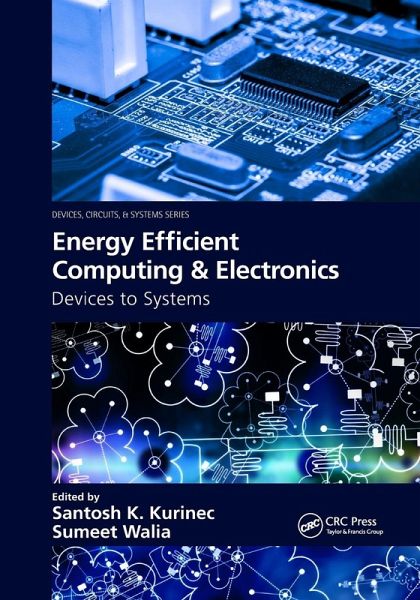Santosh K. Kurinec is Professor of Electrical & Microelectronic Engineering at Rochester Institute of Technology (RIT) and Visiting Scholar at IBM T.J. Watson Research Center, New York. She served as the Department Head of Microelectronic Engineering from 2001-2009. She received her Ph.D degree in Physics from University of Delhi, India and worked as a Scientist at National Physical Laboratory, New Delhi from 1980-85. She worked as a postdoctoral research associate at the Department of Materials Science and Engineering at University of Florida, Gainesville, FL from 1985-1986, where she researched thin metal film composites. Prior to joining RIT in 1988, she was Assistant Professor of Electrical Engineering at Florida State University/Florida A&M University College of Engineering in Tallahassee, FL. She received the RIT Trustee Scholarship Award in 2008 and was honored as the Engineer of the Year finalist by the Rochester Engineering Society in 2008. She has been actively engaged in outreach for promoting engineering education. She is a Fellow of IEEE, Member APS, NY State Academy of Sciences, Associate Editor of IEEE Transactions on Education and an IEEE EDS Distinguished Lecturer. She recently received the 2012 IEEE Outstanding Undergraduate Teaching Award. Her current research activities include low power FETs, nonvolatile memory, photovoltaics, advanced integrated circuit materials, and processes. She has over 100 publications in research journals and conference proceedings. She can be reached at Santosh.kurinec@rit.edu. Krzysztof (Kris) Iniewski is managing R&D at Redlen Technologies Inc., a start-up company in Vancouver, Canada. Redlen's revolutionary production process for advanced semiconductor materials enables a new generation of more accurate, all-digital, radiation-based imaging solutions. Kris is also a President of CMOS Emerging Technologies (www.cmoset.com), an organization of high-tech events covering Communications, Microsystems, Optoelectronics, and Sensors. Throughout his career, Dr. Iniewski has held numerous faculty and management positions at University of Toronto, University of Alberta, SFU, and PMC-Sierra Inc. He has published over 100 research papers in international journals and conferences. He holds 18 international patents granted in USA, Canada, France, Germany, and Japan. Dr. Iniewski is a frequently invited speaker and has consulted for multiple organizations internationally. He has written and edited several books for IEEE Press, Wiley, CRC Press, McGraw Hill, Artech House, and Springer. His personal goal is to contribute to healthy living and sustainability through innovative engineering solutions. In his leisurely time, he can be found hiking, sailing, skiing or biking in beautiful British Columbia. He can be reached at kris.iniewski@gmail.com.






